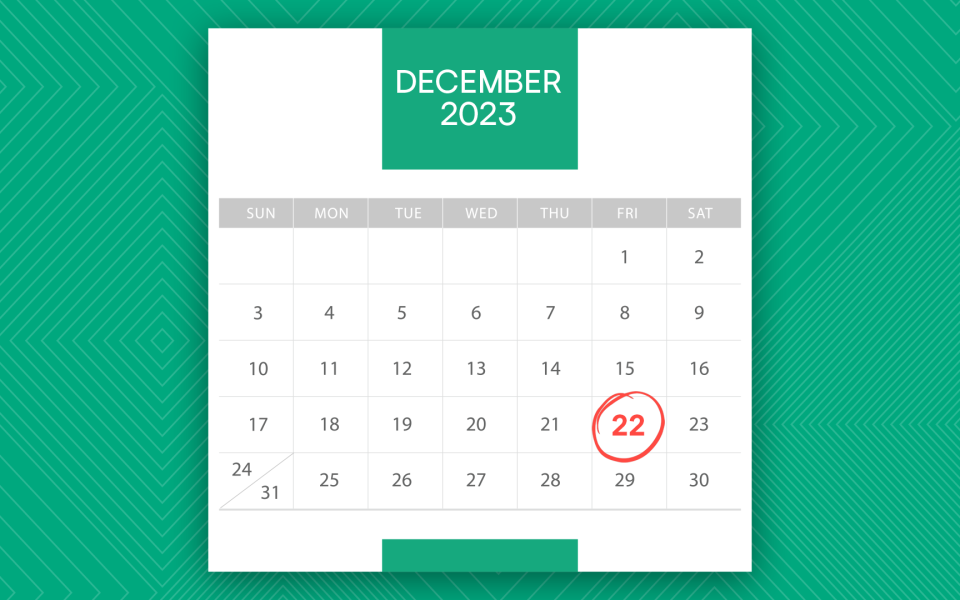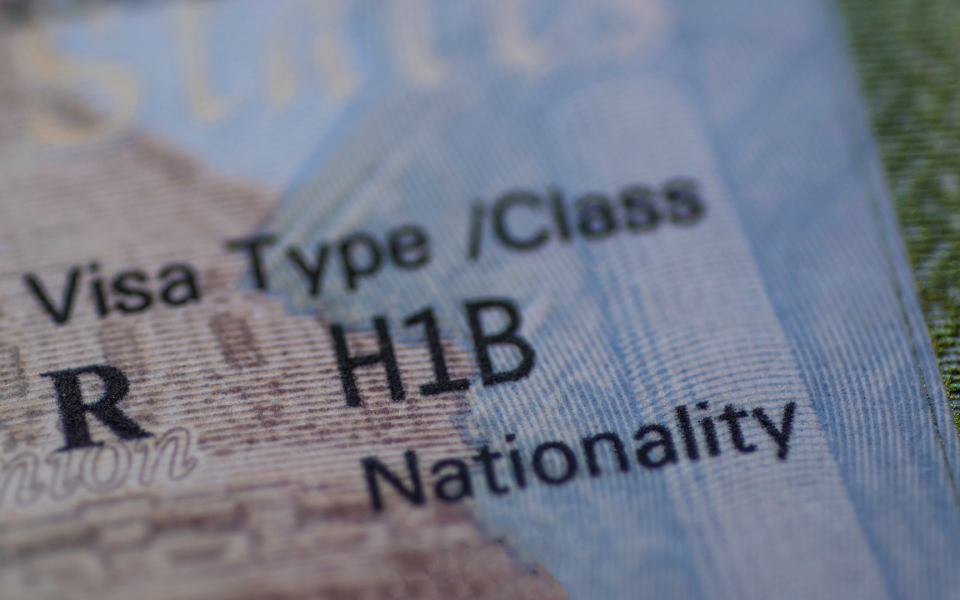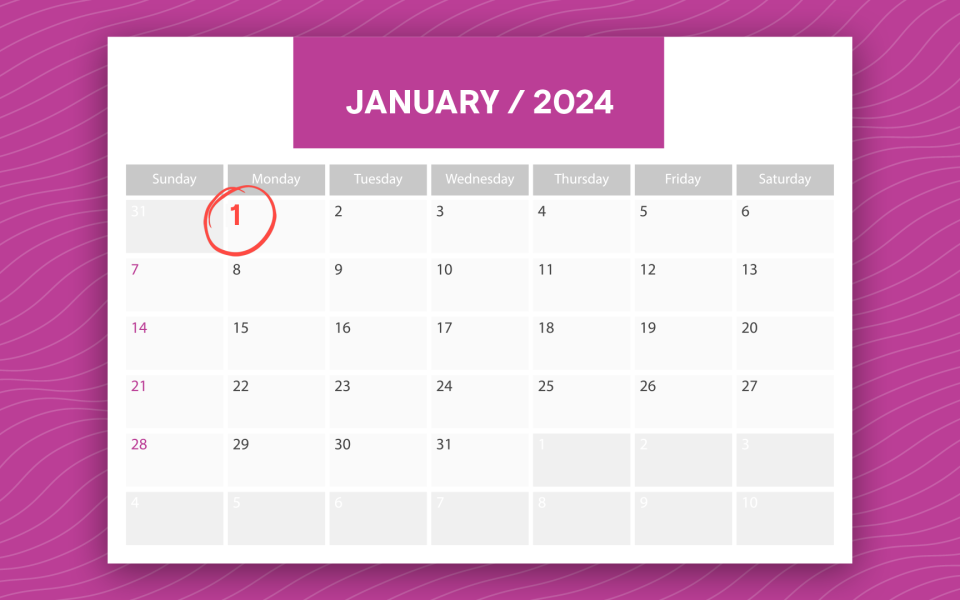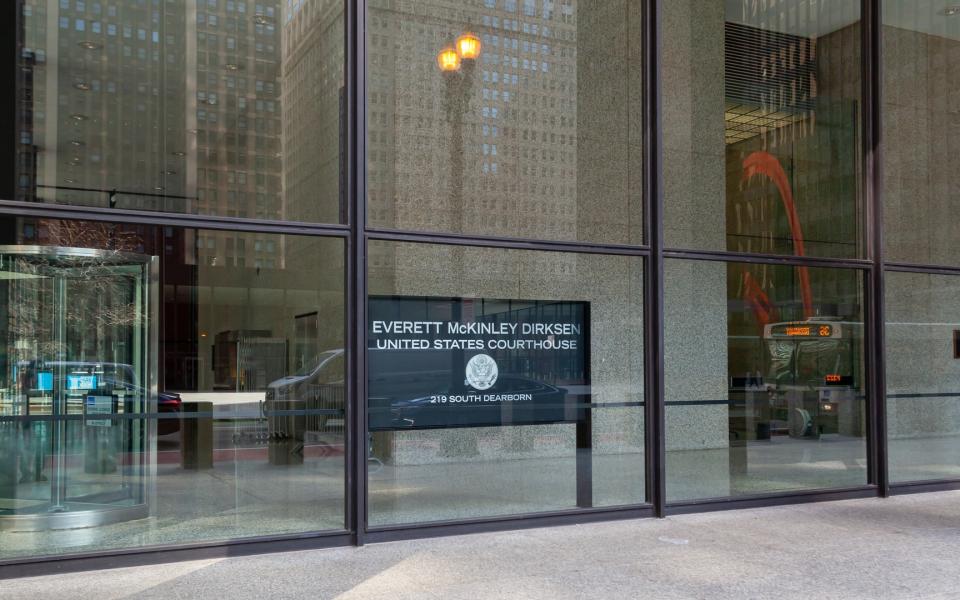A near doubling of EEOC systemic discrimination lawsuits, the multipronged attack on non-competes, and wage and hour collective actions continuing apace all indicate that implementing initiatives in the new year is going to take more than good intentions.
EEOC Enforcement + Litigation
Trends at a Glance
- 73,485 total charges.
This four-year high follows six years of declining charges. - Religious discrimination claims were 18.8 percent of the total (up from the previous reporting year’s 3.4 percent).
This was the only category of claims to increase in any significant way. - The number of disability claims increased from 22,842 to 25,004.
However, the percentage of disability claims to total claims decreased from 37.2 to 34 percent. - Florida had the largest percentage of all EEOC discrimination charges in the country (7.3 percent).
The other states (in alpha order) with the highest number of EEOC charges were California, Georgia, Illinois, New Jersey, New York, North Carolina, and Pennsylvania.
2023 Lawsuit Filings
- EEOC fiscal year 2023 lawsuit filings include 25 systemic lawsuits: Almost double the number filed in each of the past three fiscal years and the largest number of systemic filings in the past five years.
- Systemic discrimination lawsuits are an area of focus for the EEOC and target a “pattern or practice, policy and/or class where the discrimination has broad impact on an industry, profession, company, or geographic location.”
EEOC Strategic Enforcement Plan: FY 2024–2028
Intended to focus and coordinate the EEOC’s work over multiple fiscal years to have a sustained impact in advancing the Commission’s mission, the most recent version of the plan:
- Expands the categories of workers considered to be vulnerable and underserved to include:
- Those with intellectual/developmental disabilities.
- Those with mental health related disabilities.
- Those with arrest or conviction records.
- LGBTQIA+ individuals.
- Temporary workers.
- Older workers.
- Those with low-wage jobs.
- Those with literacy/English proficiency issues.
- Recognizes employers’ increasing use of technology (including AI) in job advertisements, recruiting and hiring and other employment decisions.
- Updates emerging and developing issues priority to include protecting workers affected by:
- Pregnancy, childbirth, and related medical conditions.
- Employment discrimination associated with the long-term effects of COVID-19.
- Technology-related employment discrimination.
- Focuses on potential impediments to access to the legal system from overly broad waivers, releases, non-disclosure agreements or non-disparagement agreements.
Immigration
Proposed Changes to the Cap H-1B Lottery
The comment period for DHS’s proposed new rule to reform H-1B process ended Dec. 22, 2023. U.S. Citizenship and Immigration Services will launch a package of customer experience improvements for H-1B cap season. According to USCIS, the measures are expected to increase efficiency and ease collaboration for organizations and their legal representatives.
Non-Compete Agreements
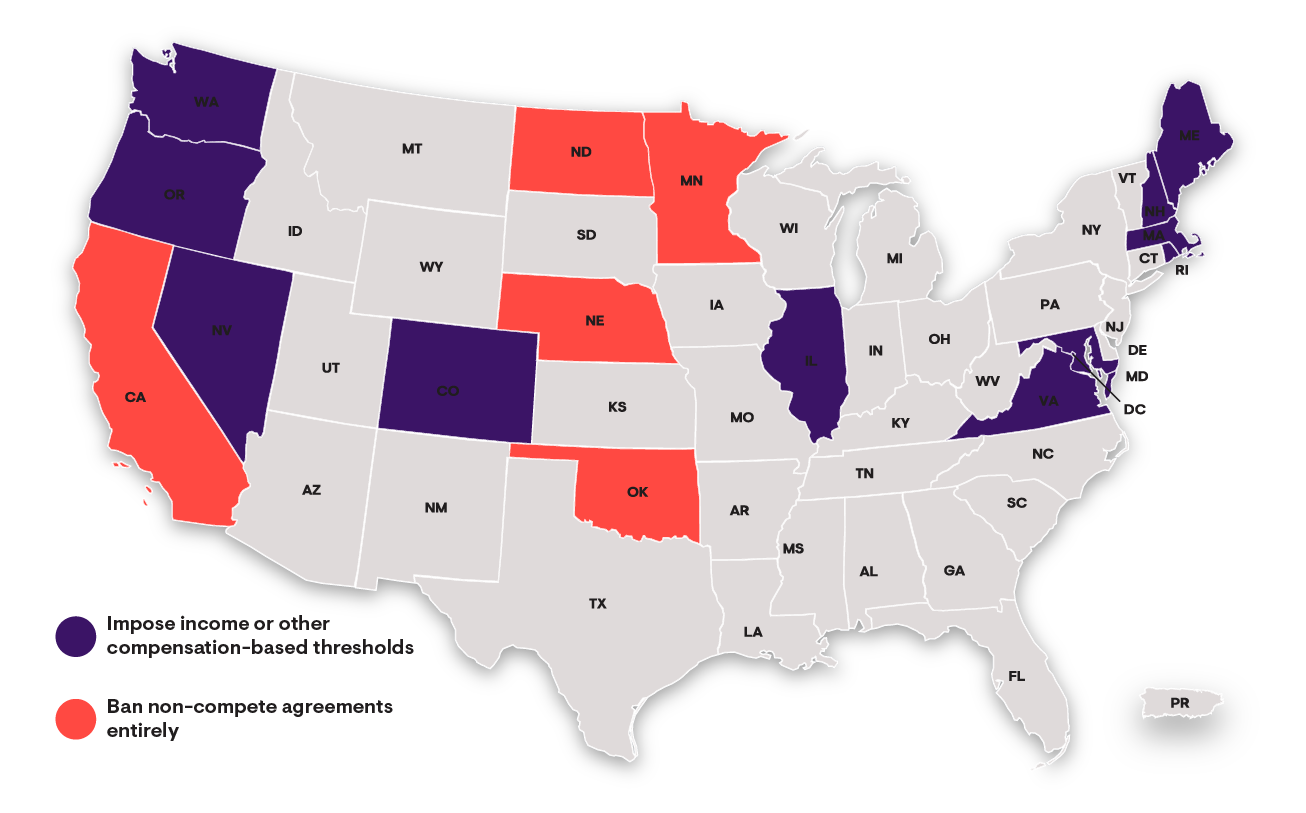
Wage + Hour Trends
Wage and hour collective actions show no sign of slowing. Miscellaneous state-law causes of action are fueling litigation, and the DOL’s proposed white-collar rule (see this report’s “Labor + the Nature of Work” section) could also drive more lawsuits.
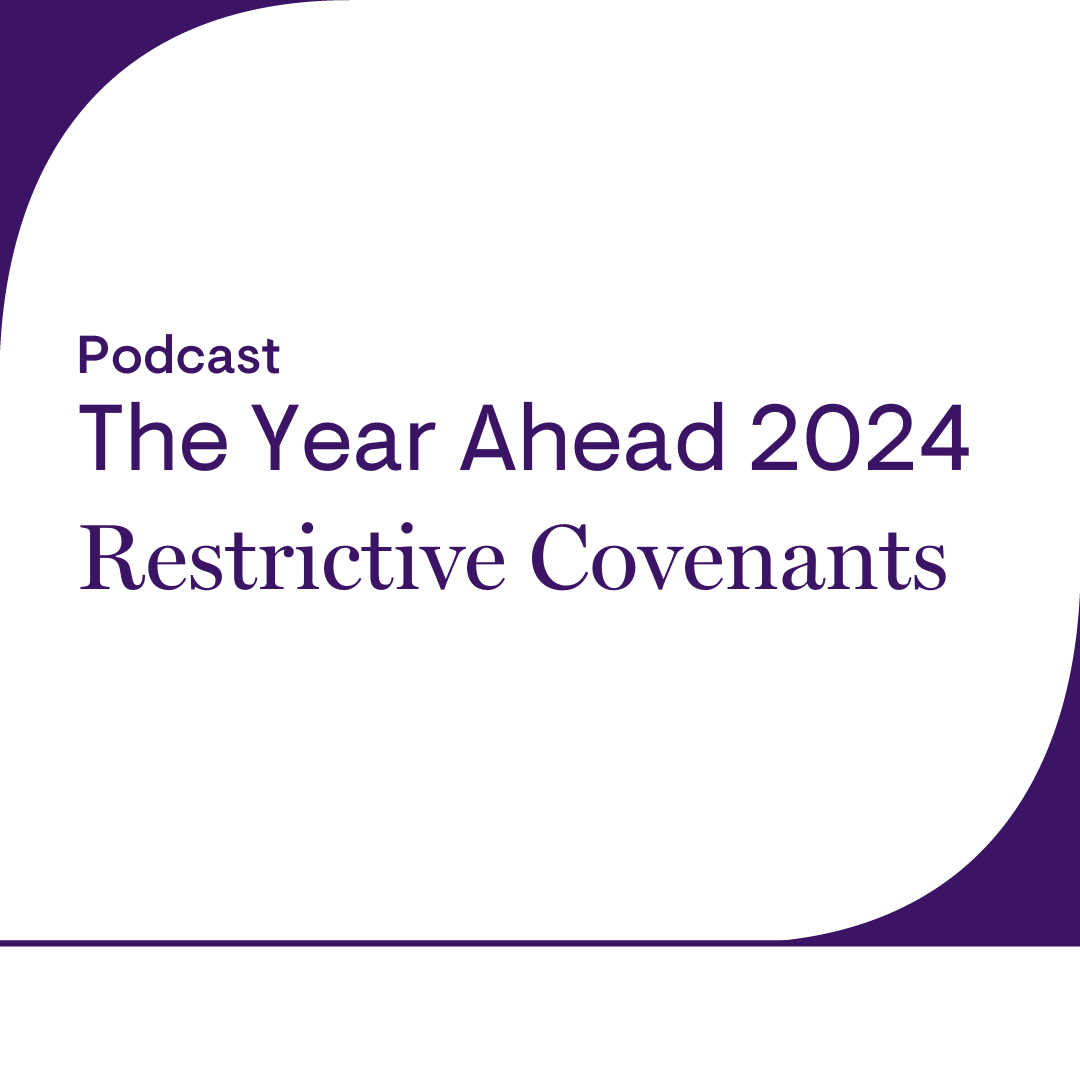 | The Year Ahead 2024: Restrictive CovenantsHaving helped employers make it through one of the most active years in restrictive covenant law, Jackson Lewis co-leaders of the Restrictive Covenants, Trade Secrets and Unfair Competition practice Cliff Atlas and Erik Winton share what to expect for 2024. For starters, the multi-pronged attack on non-competes will likely continue along with more litigation involving other provisions and claims. |
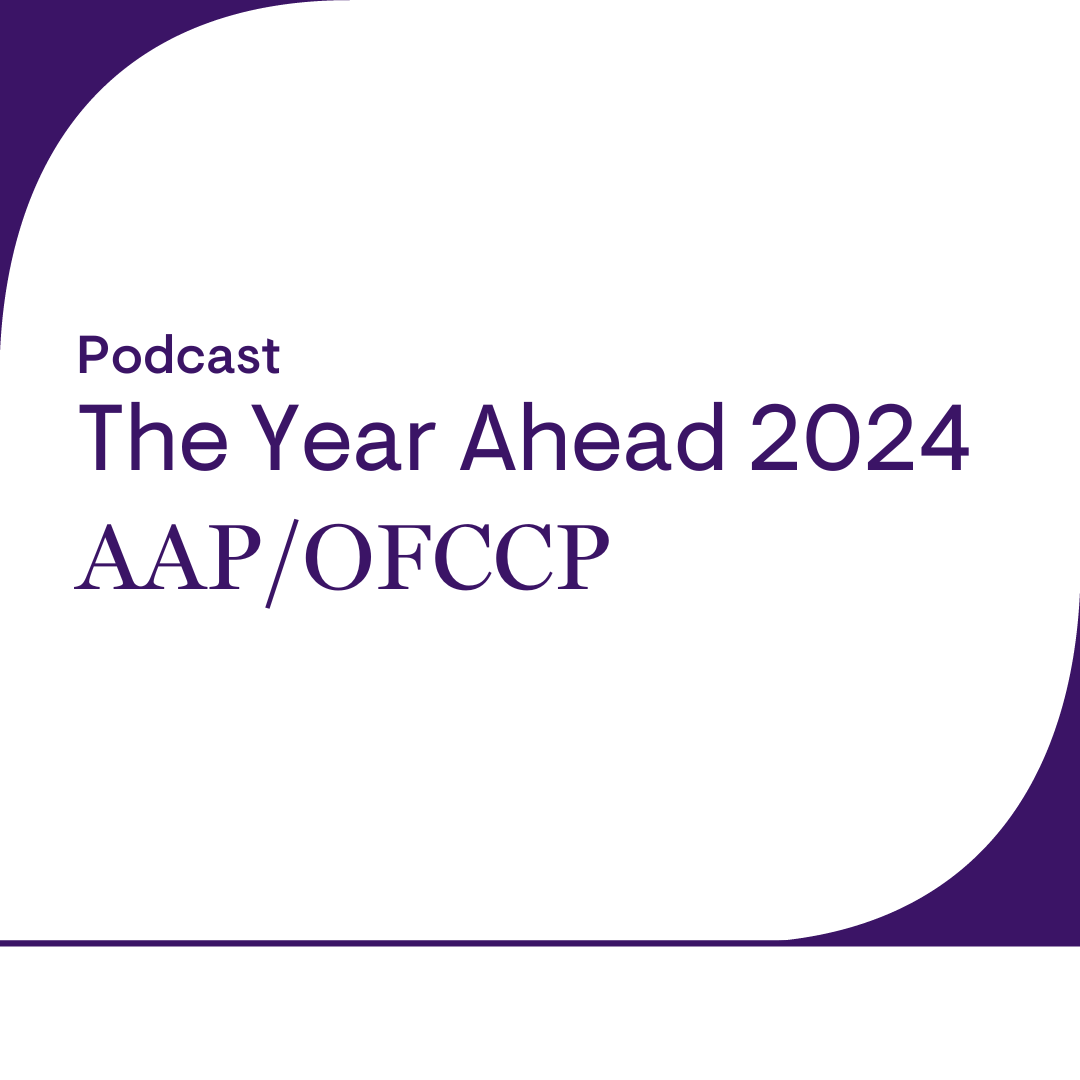 | The Year Ahead 2024: AAP/OFCCPContractors — especially those with campus-like settings — should be prepared to provide a lot more information to support their affirmative action compliance efforts. Stacey Bastone and Alyssa Calabrese, attorneys with Jackson Lewis’ Affirmative Action, OFCCP, and Government Contract Compliance practice, discuss how recent updates to the OFCCP supply-and-service scheduling letter will affect compliance evaluations in 2024. |
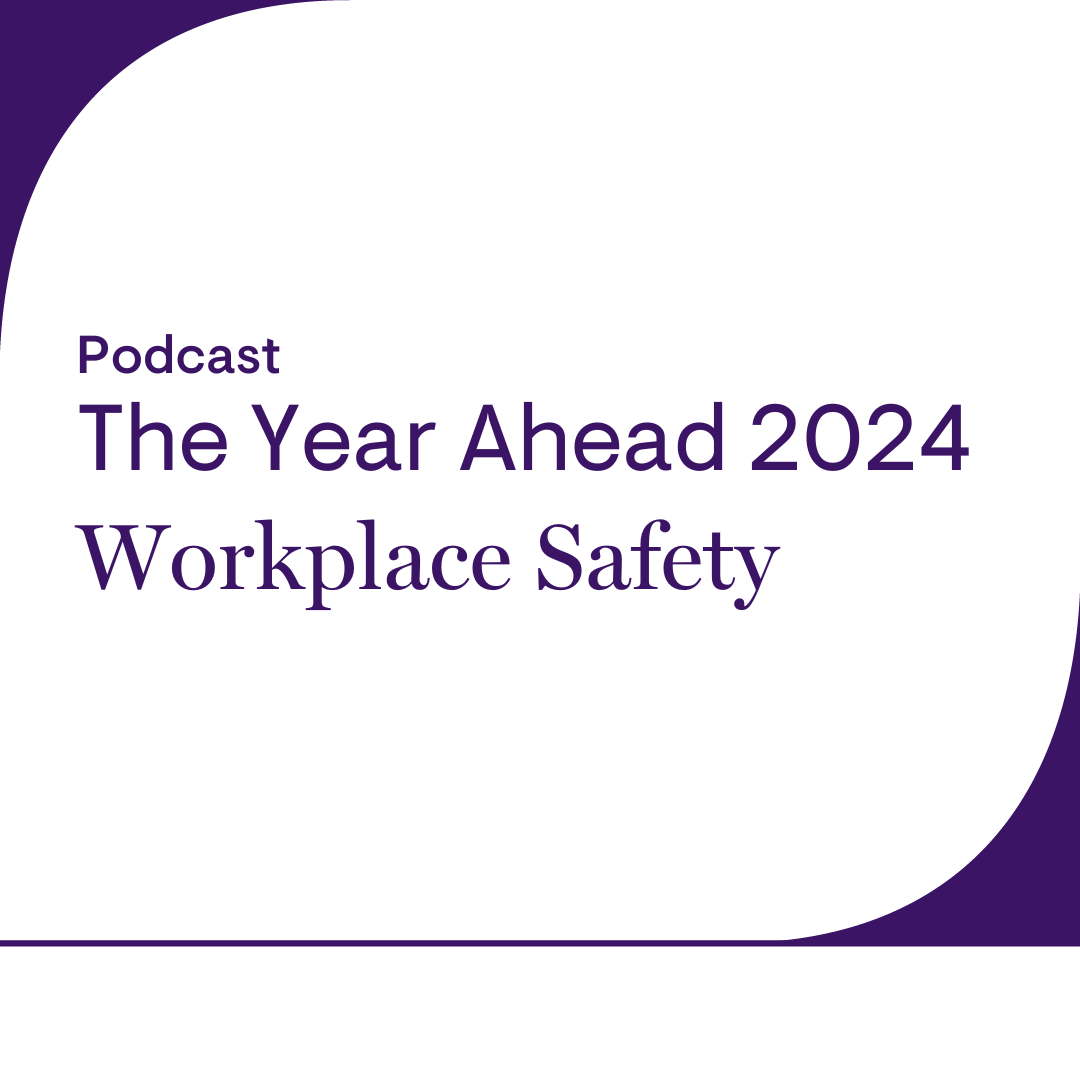 | The Year Ahead 2024: Workplace SafetyOSHA’s revised electronic recordkeeping requirements went into effect January 1 and the agency’s new proposed rule on third-party representatives participating in walk-around inspections looms. Jackson Lewis Workplace Safety and Health practice co-leaders Melanie Paul and Courtney Malveaux discuss the OSHA compliance issues on the horizon for enforcement that will impact many employers this year. |





